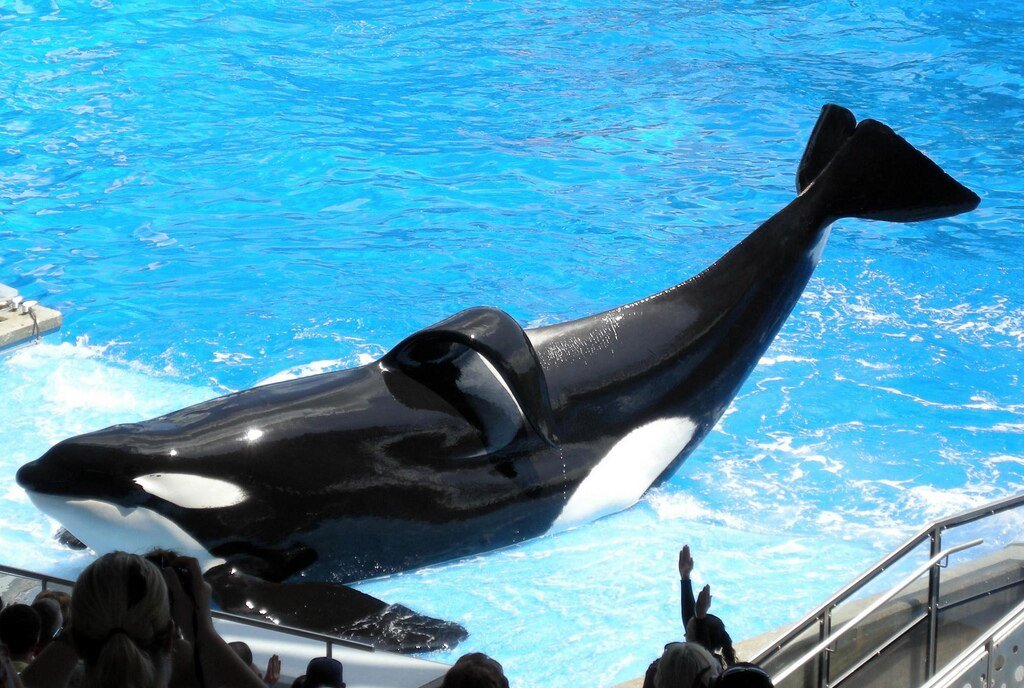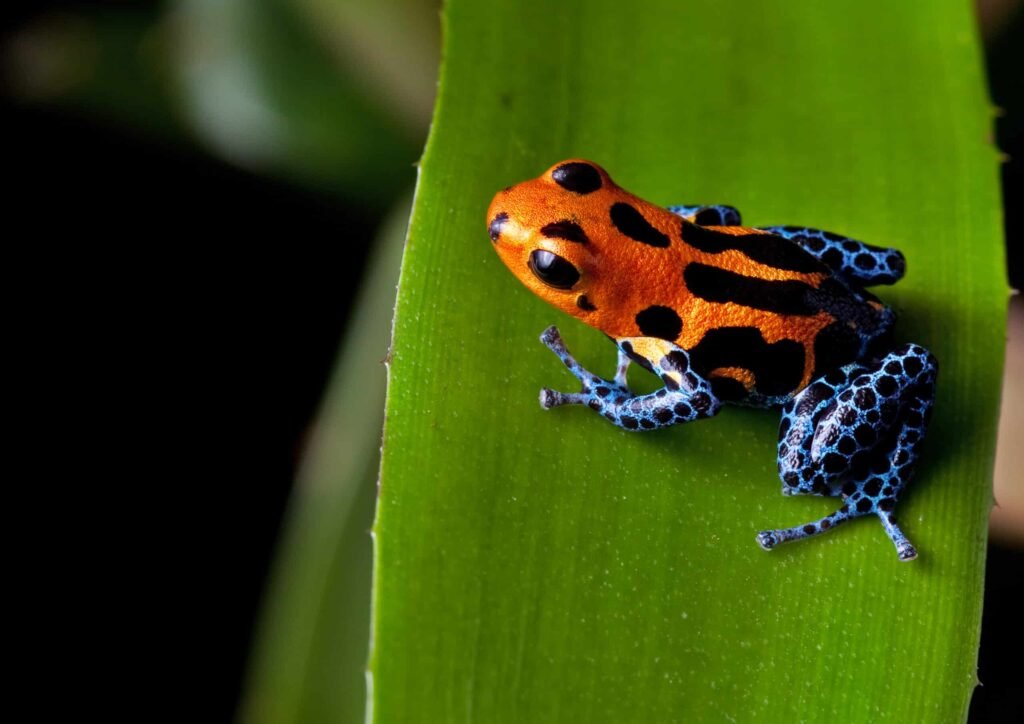The story of Tilikum, an orca held in captivity for nearly his entire life, has become a pivotal narrative in the discussion surrounding animal welfare and the ethics of using animals for entertainment. Tilikum’s life and the events surrounding it highlighted the challenges and the inhumane treatment involved in keeping such majestic creatures in captivity. This article explores Tilikum’s journey and the broader implications for animal welfare, conservation, and public consciousness.
Early Life and Capture
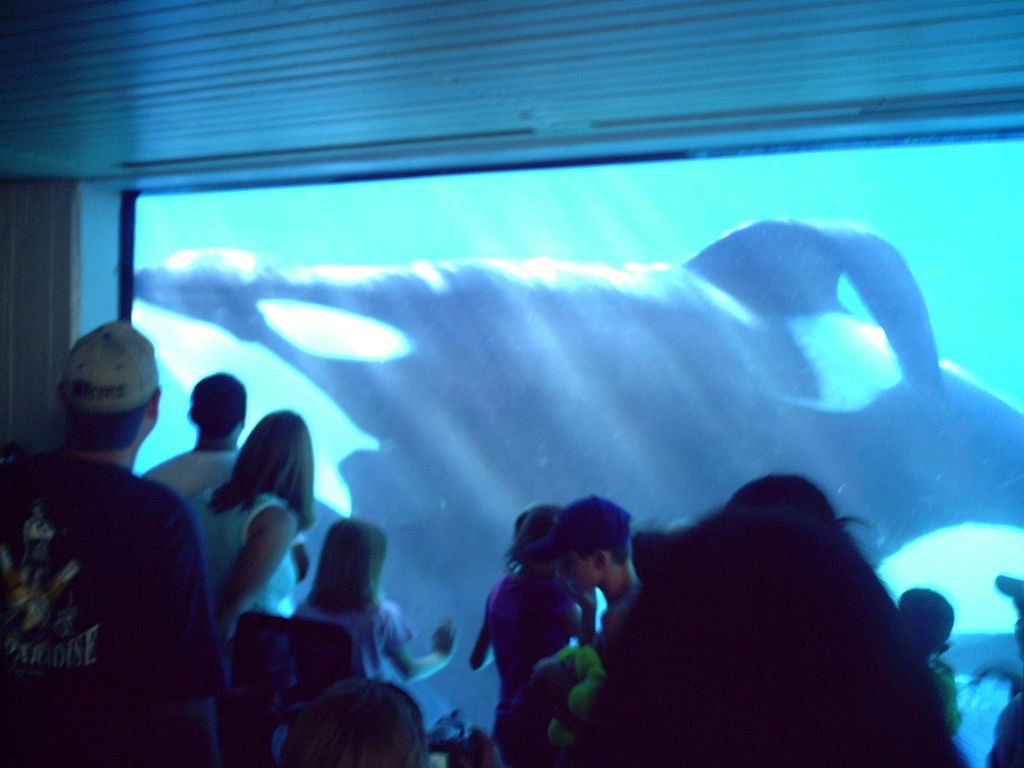
Tilikum, whose name means “friend” in the Chinook language, was born in the wild around 1981 in the waters of the North Atlantic Ocean. At around two years old, he was captured off the coast of Iceland in 1983, a common practice at the time for orcas destined for marine parks. Tilikum’s capture marked the beginning of a life that would be spent largely in confinement, sparking a lifetime of debate about the ethical treatment of such intelligent and social animals.
Life in Marine Parks
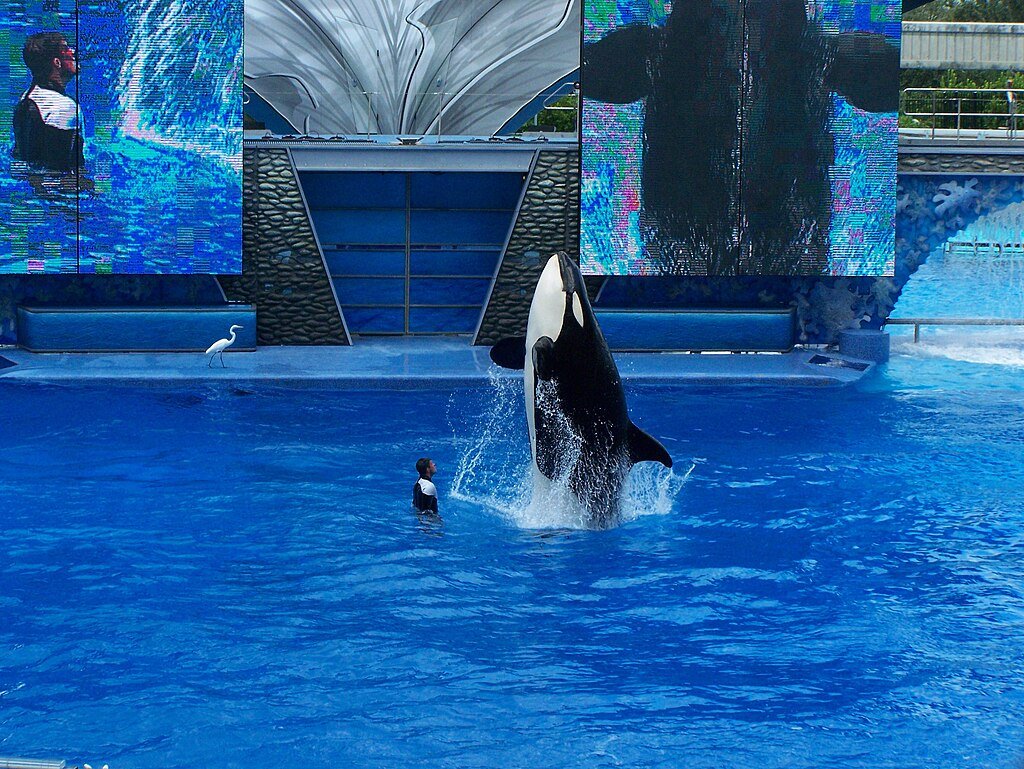
After his capture, Tilikum was transferred to Hafnarfjörður Aquarium in Iceland before being sold to Sealand of the Pacific in British Columbia, Canada. At Sealand, Tilikum lived in a small, confined pool with two older female orcas, a severely restrictive environment compared to the vast ocean he once roamed. The constant stress and lack of stimuli had adverse effects on his physical and psychological health.
In 1992, Tilikum was transferred to SeaWorld Orlando in Florida. Here, he became the largest orca in captivity and quickly became a lucrative asset due to his potential for breeding and performing in shows.
Tragic Incidents and Rising Concerns
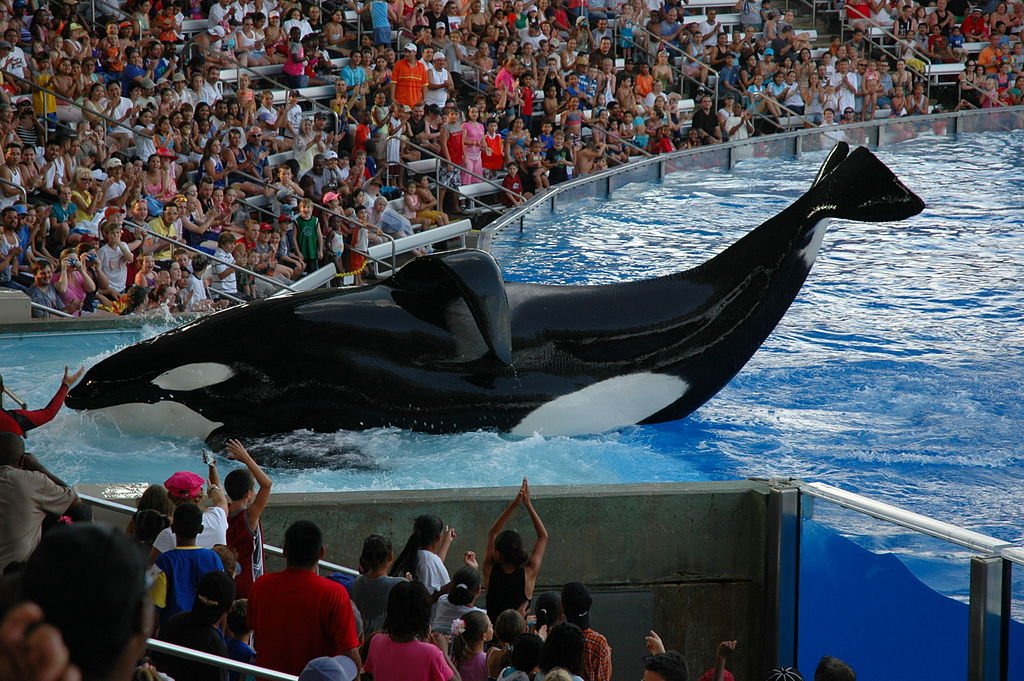
Tilikum’s time in captivity was marked by several tragic incidents, the most notable being the deaths of three individuals, including SeaWorld trainer Dawn Brancheau in 2010. These incidents drew widespread media attention and sparked a public outcry, raising serious questions about the conditions in which orcas like Tilikum were kept and their impact on the animals’ behavior.
Experts and animal rights activists argued that the rigorous and unnatural lifestyle Tilikum was subjected to led to severe stress and psychological trauma, contributing to his aggressive encounters. These events underscored the inherent dangers of keeping orcas in captivity, both for the animals and the trainers.
The Impact of Blackfish
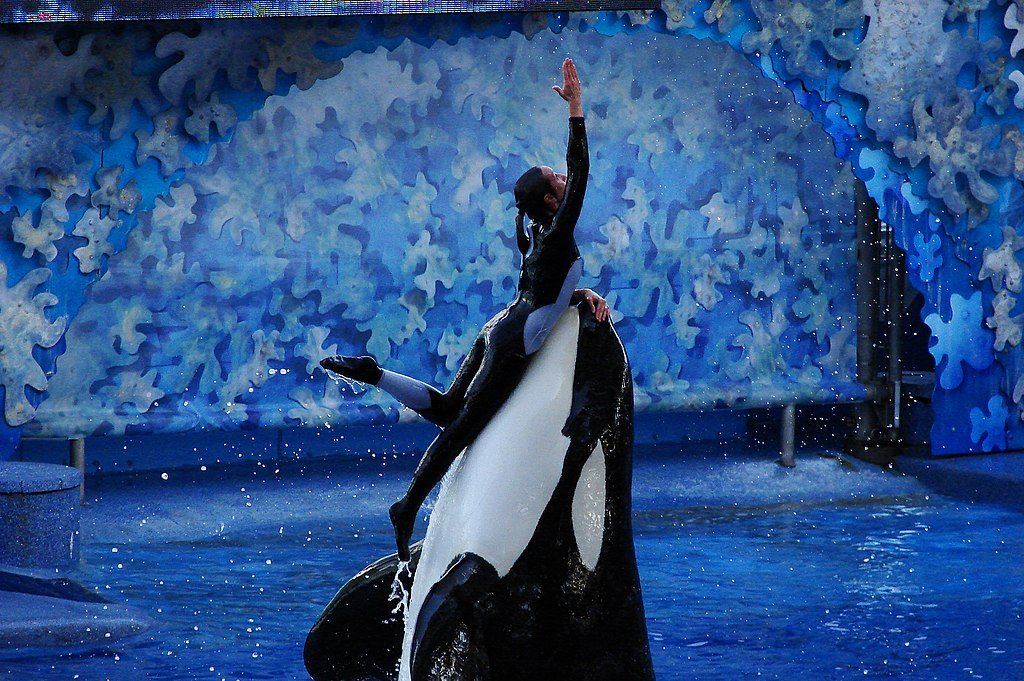
The 2013 documentary film “Blackfish” played a crucial role in bringing Tilikum’s story to a global audience. Directed by Gabriela Cowperthwaite, the film explored the ethical concerns of orca captivity using Tilikum’s life as its central narrative. It documented the harsh conditions faced by captive orcas and the impact of these conditions on their well-being.
“Blackfish” had a profound impact on public perception and drastically increased awareness of the issues facing captive marine animals. It fueled the animal rights movement, leading to protests and calls for changes in the industry.
Changes in Legislation and Industry Practices
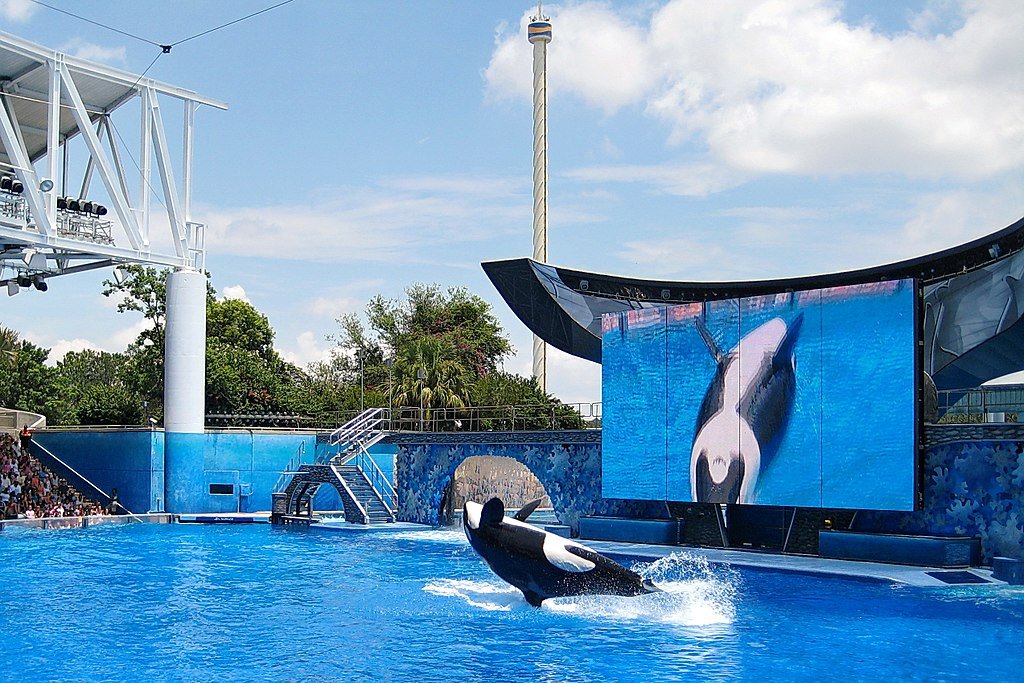
The increased scrutiny following Tilikum’s story and the “Blackfish” documentary led to significant shifts in legislation and marine park practices. SeaWorld eventually announced the end of its orca breeding program and phased out orca performances, focusing instead on education and conservation efforts.
Governments in countries around the world responded by enacting laws that restricted the capture and display of orcas and other marine mammals, driven by growing public demand for humane treatment of animals in captivity.
Conclusion: Tilikum’s Legacy
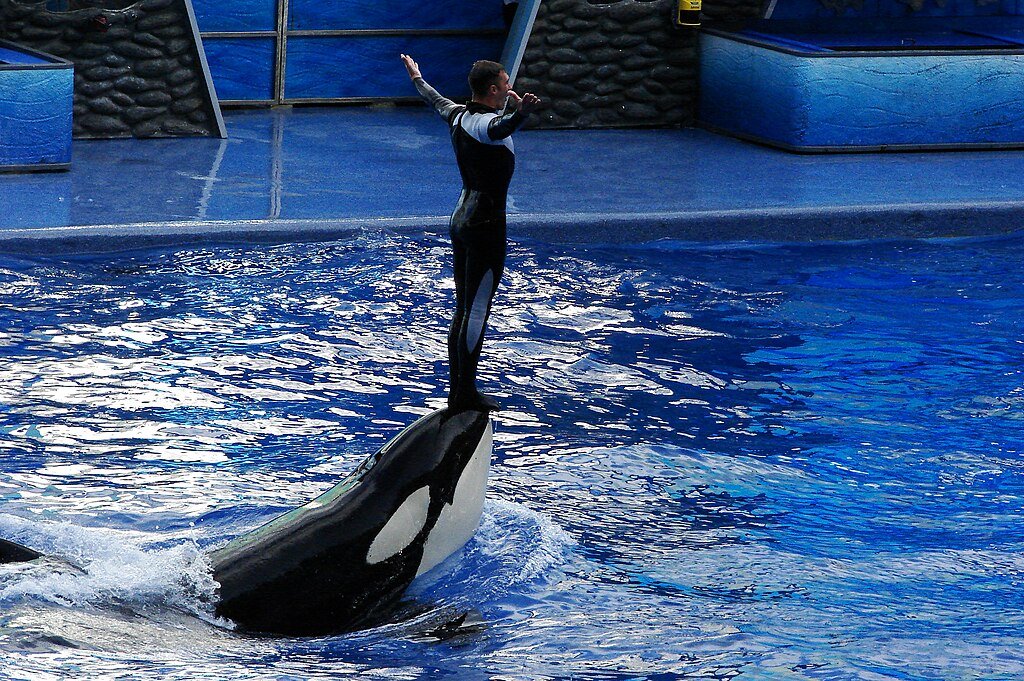
Tilikum passed away on January 6, 2017, at SeaWorld Orlando. His legacy, however, continues to resonate deeply in conversations about animal welfare and conservation. While his life in captivity was fraught with challenges and heartbreak, it served as a catalyst for change—both within the marine park industry and in the broader societal understanding of the rights and needs of sentient creatures.
Tilikum’s story is a poignant reminder of the responsibilities humans hold toward animals, and it continues to inspire efforts toward more compassionate and ethical treatment of wildlife worldwide. Through increased awareness and action, the hope is to create a world where animals like Tilikum can thrive freely and naturally in their rightful habitats.

Linnea is a born and bred Swede but spends as much time as possible in Cape Town, South Africa. This is mainly due to Cape Town’s extraordinary scenery, wildlife, and atmosphere (in other words, because Cape Town is heaven on earth.) That being said, Sweden’s majestic forests forever hold a special place in her heart. Linnea spends as much time as she can close to the ocean collecting sea shells or in the park admiring puppies.

